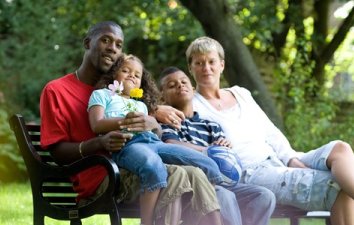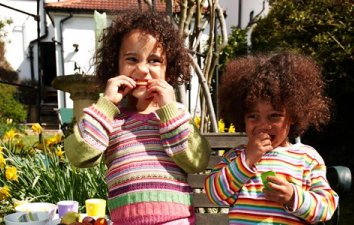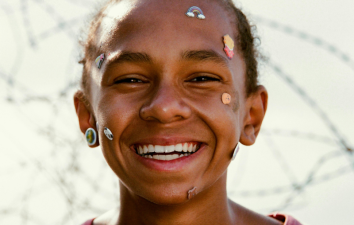What is CAMHS?
CAMHS offers assessment and support to children, young people and their families with moderate to severe emotional, behavioural and mental health difficulties.
We assess, and where possible find ways of working with, the child or young person and those who look after them, in understanding and dealing with their problems in order to achieve change.
We aim to provide a service that respects the beliefs of those who use the service and is sensitive to their culture, race and gender.



